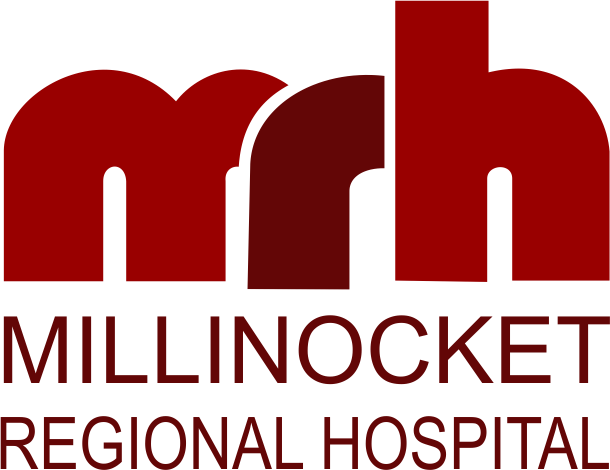Glossary of Commonly Used Medical Billing Terms
Adjustment: The part of your bill that is reduced based on the contract between the hospital and your insurance company.
Assignment of Benefits: The transfer of the right for reimbursement directly to the hospital or provider that allows the insurance company to send any payment directly to the hospital or provider.
Authorization: Permission for patient services that is granted by the health insurance plan.
Claim: A bill that is sent to the insurance company.
Co-payment/Co-pay: A set fee established by the insurance company for a specific type of visit. This amount is due from the guarantor. Many policies require an emergency room or office co-pay; the amount can usually be found on the insurance card or in your policy.
Coinsurance: The percentage of costs not covered by your insurance benefits.
Coordination of Benefits (COB): A group policy provision which helps determine the primary carrier where an insured is covered by more than one policy.
Deductible: A fixed sum of money that the individual must pay before the insurance company will begin to reimburse for services.
Explanation of Benefits (EOB): A statement from the insurance company explaining how your claim was processed.
Guarantor: The person responsible for payment of the bill.
Health Maintenance Organization (HMO): An insurance plan that is contracted with providers to provide healthcare services at a discounted rate. These services require prior pre-certification, authorization, and/or referrals.
Medicare Supplement: Insurance available by private insurance companies that pays for some services not covered by Medicare A or B; it may cover deductible and coinsurance amounts.
Non-Covered Services: Services not eligible for payment by the patient’s insurance plan. These charges are the guarantor’s responsibility to pay.
Out-of-Network (OON): Services rendered by a provider that does have a contract to offer you care. If a patient seeks care out-of-network, they may be financially responsible for some or all of the care provided. An exception to this rule is emergency medical care.
Out-of-Pocket Costs: The amount that is paid by the patient or guarantor outside the amount covered by insurance.
Point-of-Service (POS) Plans: An insurance plan that allows you to choose doctors and hospitals without first having to get a referral from your primary care physician.
Pre-Authorization: Permission given by a health plan for a member to obtain services from a healthcare provider.
Preferred Provider Organizations (PPO): An insurance plan that has a contract with providers to provide healthcare services. The patient may be responsible for obtaining approval prior to receiving services.
Primary Care Physician (PCP): The primary care physician is responsible for all general medical care of the patient and referrals to specialists for care when medically appropriate (your family doctor).
Referral: Approval or consent by a primary care doctor for a patient to see a certain specialist or receive certain services.
Subscriber: The person who is enrolled for benefits with an insurance company.
Third Party Liability (TPL): If you are involved in an accident, you may have coverage through another policy, such as automobile insurance, to help pay your hospital bill.
Worker’s Compensation: Provides coverage for work-related illnesses and accidents. You must provide employer information and date of injury. This coverage is separate from regular medical coverage.
If you need help or more information, please call us at (207) 723-7247 or (207) 723-3369.
